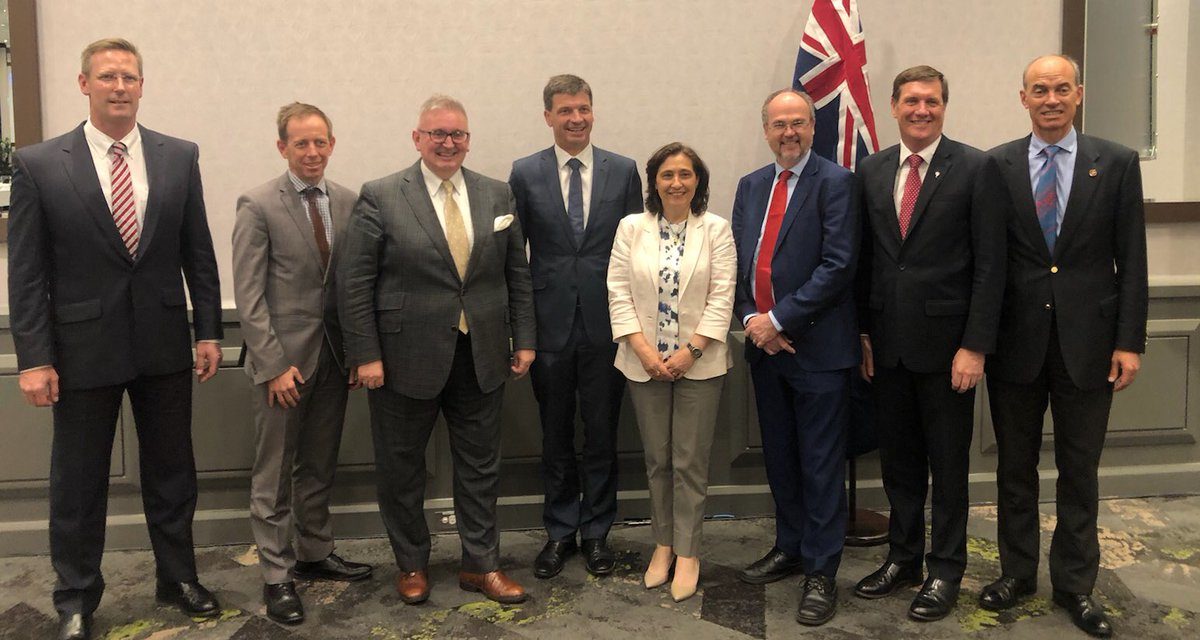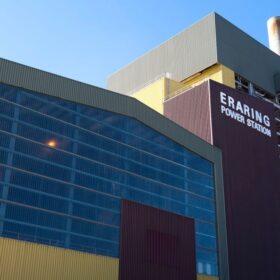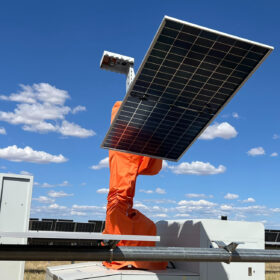Australia’s energy policy overhaul will see no amendment to the National Electricity Law aimed at reducing greenhouse gas emissions from the power sector, the COAG Climate Council suggested on Friday.
During its meeting in Sydney, which was the first time Energy Minister Angus Taylor met with his state and territory counterparts since his appointment in August, the Australian Capital Territory requested that COAG task the Energy Security Board (ESB) to prepare policy advice for a mechanism to introduce emissions targets into the National Electricity Market and provide an update for it for the next meeting in December.
The proposition failed to win enough votes, as it was only supported by Labor states Victoria and Queensland, as well as Western Australia.
Reducing emissions was not even officially up for discussion on Friday, but such an immediate dismissal unambiguously shows that the COAG Energy Council does not see that tackling climate change through greater support for renewables would result in cost reduction.
Victoria’s Lily D’Ambrosio described the Friday meeting as “Groundhog Day” for energy policy.
“We’ve had three prime ministers, three energy ministers and more failed energy policies that you can count, and we’ve seen more of that today,” she said.
“Any Australian that thinks this government has a grasp on energy and climate policy is sadly mistaken,” Queensland energy minister Anthony Lynham said, noting that it was a disappointing meeting.
Back in August, the federal government ditched its proposed national energy policy, known as the National Energy Guarantee (NEG), which included emissions target for the electricity sector and eventually helped topple former Prime Minister Malcolm Turnbull.
The ministers now agreed the ESB should do further work before December’s meeting on draft national electricity law amendments to put in place a retailer reliability obligation – the sole remaining piece of the shelved NEG.
Further work for the December meeting will also be done on the default power price – a standard reference rate against which all offers across the National Electricity Market could be measured – although Victoria, Western Australia and the Northern Territory suggested any such default price would not apply in their jurisdiction.
Australian Energy Market Operator (AEMO) chief Audrey Zibelman briefed the ministers on a “strong plan” in place to secure supply over summer.
This content is protected by copyright and may not be reused. If you want to cooperate with us and would like to reuse some of our content, please contact: editors@pv-magazine.com.









1 comment
By submitting this form you agree to pv magazine using your data for the purposes of publishing your comment.
Your personal data will only be disclosed or otherwise transmitted to third parties for the purposes of spam filtering or if this is necessary for technical maintenance of the website. Any other transfer to third parties will not take place unless this is justified on the basis of applicable data protection regulations or if pv magazine is legally obliged to do so.
You may revoke this consent at any time with effect for the future, in which case your personal data will be deleted immediately. Otherwise, your data will be deleted if pv magazine has processed your request or the purpose of data storage is fulfilled.
Further information on data privacy can be found in our Data Protection Policy.